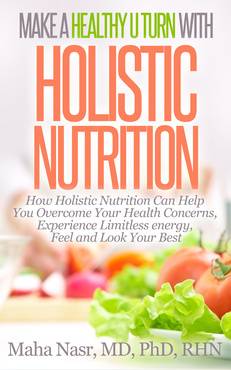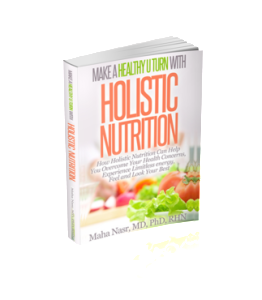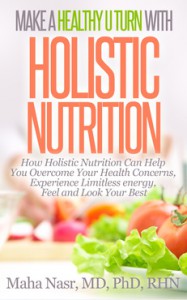Nowadays the single largest source of calories in the American diet comes from sugar. According to a CNN report, the dietary consumption of candy in the United States has increased by 50% between 1980 and 1995. In addition dietary soft drink consumption has doubled in the past 25 years. The average American consumes 20 teaspoons of added sugar each day in his diet; that is 2-3 pounds of sugar per week. This is added sugar; not sugar naturally found in fruit, vegetables, grains and milk.
What are the recommendation limits?
The American Heart Association recommends that women limit dietary added sugar to 24 g or 6 tsp. per day and men limit dietary added sugar to 36 gm or 9 tsp. per day.
An additional recommendation calls for limiting dietary sugary soft drinks to 36 oz. per week, or 450 calories, based on a 2,000-calorie diet. These limits only pertain to added sugars, not sugars that occur as part of a natural diet in some foods. Just how much sugar is that? A 12-oz. can of regular soda contains 8-10 teaspoons of sugar.
As a holistic nutritionist, I recommend elimination of all refined sugar from your diet as an essential part of a smart nutrition plan, considering its serious side effects. You can use alternative natural sweeteners as raw honey, maple syrup, stevia and sucanat in limited amounts.
Sugar values in some foods
- Low-fat fruit flavored yogurt 8 oz contains 7 tsp of sugar.
- 2 slices white bread contains 6 tsp of sugar.
- 1 glazed donut contains 6 tsp of sugar.
- Cinnabon 7 oz contains 12 tsp of sugar
- Snickers bar 2.1 oz 5 tsp of sugar
- Pepsi 12 oz contains 10 tsp of sugar
These are all kid’s favorite foods. This means that our children can easily consume more than 30 tsp of sugar daily.
What are hidden sources of sugar?
Even if you don’t eat candy, drink pop or add sugar to your food you are still getting sugar from processed foods. Sugar is added to many processed and packaged foods as breakfast cereals, baked goods, juices, flavored yoghurts and even to foods not normally considered sweet, such as bread, sauces and canned soups.
What are other names for sugar?
Added sugar goes by many different names, including high-fructose corn syrup, glucose fructose, fructose, fructose, glucose, glucose syrup, dextrose, lactose, brown sugar, sucrose, honey, molasses, maple syrup, agave, stevia, coconut sugar, raw sugar, invert sugar, corn syrup, malt syrup, brown rice syrup, turbinado, muscovado, sucanat, evaporated cane juice and dehydrated cane juice. These are various names for sugar that are used on nutrition labels, but nutritionists do not consider these sugars as equal.
Whole sugars such as sucanat, honey, maple syrup, evaporated cane juice, coconut sweetener, stevia and agave syrup do not affect blood sugar the way their refined counterparts, like white sugar, high fructose corn syrup or dextrose, do. Although whole sugars do not contain fiber, they are a ‘whole’ food with vitamins, minerals and phytonutrients which help stabilize blood sugar.
What is high fructose corn syrup?
Today, 55 percent of sweeteners used in food and beverage manufacturing are made from corn, in the form of high fructose corn syrup (HFCS). Food and beverage manufacturers began switching their sweeteners from sucrose (table sugar) to corn syrup in the 1980s when they discovered that HFCS was cheaper to make.
This artificial sweetener is about 40 percent sweeter than sugar. HFCS contains the same two sugars as sucrose but is more metabolically risky to you, due to its chemical form. HFCS packs on the pounds faster than any other ingredient, increases your LDL (“bad”) cholesterol levels, contributes to the development of obesity and diabetes.
New research shows that fructose causes cancer cells to metastasize in a way that, other sugars don’t, proving that there is a difference between fructose and other sugars. All sugars can lead to health problems but HFCS is worse in terms of cancer risk.
In Part 2, I will discuss why we love sugar, the dangers of sugar consumption and how it can destroy our health.
We offer tele-health coaching via Zoom, so we can help you if you are out of area. If you need help with your health and nutrition, sign up for a 15 Min Discovery Call with Registered Holistic Nutritionist and Life Coach, Maha Nasr to discuss your current goals and concerns and ask how we she can help you.
If you find this information useful, please feel free to share with your family or friends.




